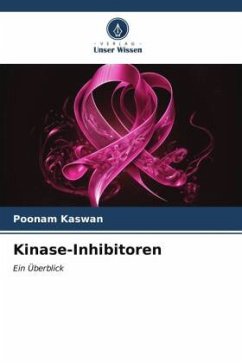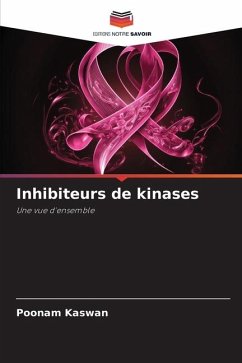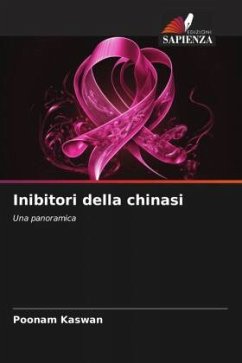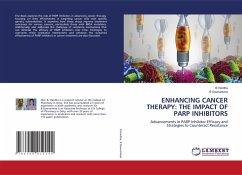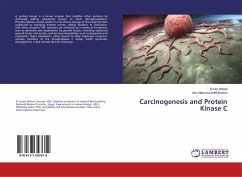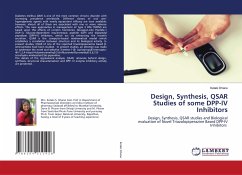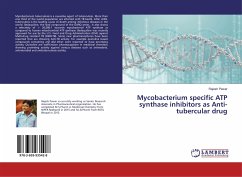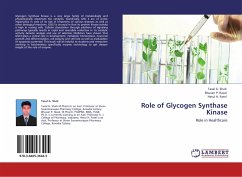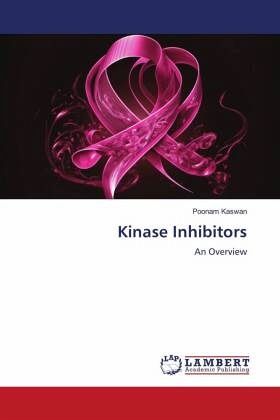
Kinase Inhibitors
An Overview
Versandkostenfrei!
Versandfertig in 6-10 Tagen
29,99 €
inkl. MwSt.

PAYBACK Punkte
15 °P sammeln!
One of the most significant targets of drugs in the 21st century is the family of protein kinase enzymes. There are 62 therapeutic agents authorized by FDA, which target about two dozen distinct proteins. Except for Netarsudil, which is used to treat optical eyes and temsirolimus for renal cell carzinoma, all the FDA-approved medications are orally safe. Key common targets of the medicinal product include BCR-Abl, B-Raf, vascular receptors, VEGFR, and EGFR, as well as ALK. The following are 8 approved drugs of 2020 approved-Tucatinib, Ripretinib, Selumetinib, Capmatinib, Pemigatinib Pralsetini...
One of the most significant targets of drugs in the 21st century is the family of protein kinase enzymes. There are 62 therapeutic agents authorized by FDA, which target about two dozen distinct proteins. Except for Netarsudil, which is used to treat optical eyes and temsirolimus for renal cell carzinoma, all the FDA-approved medications are orally safe. Key common targets of the medicinal product include BCR-Abl, B-Raf, vascular receptors, VEGFR, and EGFR, as well as ALK. The following are 8 approved drugs of 2020 approved-Tucatinib, Ripretinib, Selumetinib, Capmatinib, Pemigatinib Pralsetinib, Selpercatinib, and Avapritinib. The adenine-binding pocket is occupied by the vast majority of licensed kinase inhibitors. They are classified based on their ability to catalyze the conversion of ATP's terminal phosphate onto substrates containing serine, threonine, or tyrosine residues. Owing to the dysregulation of protein kinase activity in many diseases including cancer, this enzyme family has become one of the most important drug targets in the 21st century. There are 72 FDA-approved therapeutic agents that target about two dozen different protein kinases.



